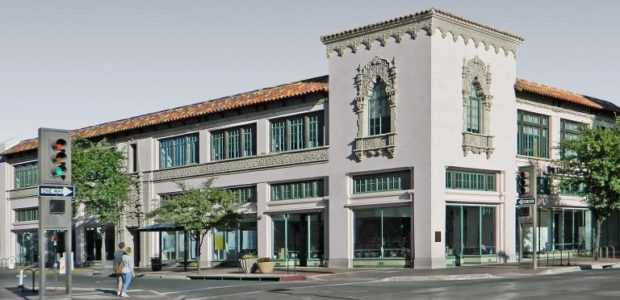Turning solar farms into gardens, and boat engines into renewable generators are just a few of the business plans coalescing in downtown Tucson AZ at the Arizona FORGE. Ideas like these and their underlying business plans for growth are tested and evolved at the “FORGE,” a program at the University of Arizona.
FORGE opened downtown in late 2019 with the intent of forging and tempering companies in their incubator and accelerator programs. The acronym forge stands for “Finding Opportunities and Resources to Grow Entrepreneurs”.
One of the resources for the growth of entrepreneurs is a strong mentor and resource network. As one of the mentors for Forge Dr. Marcus, President of Marcus Engineering, advises many of the startup companies enrolled in FORGE.
On December 5th 2020 Dr. Marcus participated in a pitch day and mock board meetings with several companies including Black Oak Investments ”A green energy investment company specializing in solar farm development, habitat restoration, and community energy resilience.” And Hydro-Gen Systems whose founder, James Magras, noted that “(they) build better boat propulsion systems, giving boat owners the worry-free experience, they are looking for out on the water by combining the reliability and power of electric motors with the unparalleled energy reserve of a hydrogen fuel cells.”
The mock board meeting event at FORGE was broken up into two parts: final team pitches and mock board meetings. The final team pitches gave an overview and insight into the plans and challenges the startups face helping to orient participating mentors, while the mock board meetings allowed the teams to obtain guidance into the most significant strategic challenges they face as a company and gain experience leading a board meeting.
What excites Dr. Marcus about FORGE is that “FORGE is a community resource that accelerates our community’s ability to evaluate, advice, and slingshot local startups” FORGE’S success has been driven by Brian Ellerman, the founding Director at FORGE and an experienced successful entrepreneur himself.
One of the most valuable tools is learning from others’ previous mistakes, and helping entrepreneurs avoid those mistakes in the future. It is easy for Entrepreneurial Minds to have their head in the clouds and not adjust to real-world economic environments, and thus it is essential to have mentors to help them keep at least one foot on the ground. Dr. Marcus is one of those key mentors known for bringing real-world approaches and realistic goals to startups, especially when it comes to engineering and product development. “There are fine lines between what can be envisioned, what can be built, and what can be practical in the marketplace. If you are on the wrong side of those lines a lot of business planning can become moot.”

